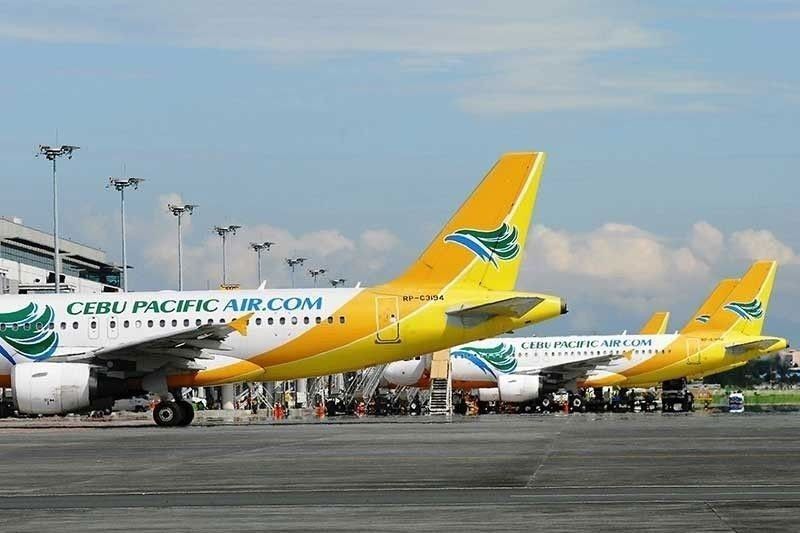Cebu Pacific completes raising $500-M recovery fund

MANILA, Philippines — Loss-making airline Cebu Pacific has secured the entire $500 million it earmarked for recovery with private investors pitching in half of that amount to save the Philippines’ largest budget carrier from the pandemic fallout.
In a disclosure to the stock exchange on Monday, Cebu Air Inc., the airline’s operator, announced sealing an investment of $250 million in the form of private convertible bonds to augment a similar amount raised last month through a stock rights offer.
The private placement will come the International Finance Corp., the private unit of the World Bank Group, as well as Indigo Partners LLC, a US-based private equity whose portfolio includes aviation players Frontier Airlines in the US, Volaris in Mexico and Wizz Air in the European Union.
How much each investor contributed to the funding was not released. The news was not enough to boost investor sentiment. As of 12:14 p.m., shares in Cebu Air were trading down 3.39% to P48.3 apiece against a 0.17% dip in the main bourse.
The amount represents fresh debt that creditors can convert to 318.75 million common shares at a price of P38 each. “Transaction closing is subject to post-signing deliverables, which the parties expect to complete over the succeeding weeks,” the carrier said.
Since the pandemic erupted last year, Cebu Pacific has been scouring for cash to keep its once-booming business alive as more infectious virus variants delay the resurrection of travel industry across the globe. While flights had not been totally restricted by stricter quarantines implemented anew late March, non-essential travels were curbed during the dry season when many guests flock to the country’s prime beaches.
Even before these prohibitions, the financial cost of the crisis was already unprecedented. Cebu Pacific’s revenues plunged 73% year-on-year in 2020, bringing the budget carrier to the red with P22.2 billion in net losses.
Apart from the stocks offer and private funds, the Gokongwei-led airline also secured P16 billion in loans from government and private banks to fund day-to-day operations as well as capital expenses. Austerity was also observed, with Cebu Pacific also drastically reduced its workforce at the onset of the pandemic last year by 75%.
As losses piled up for the aviation sector, the Duterte government has continued to be reluctant in spending taxpayers’ money to rescue local airlines on the brink of financial collapse unlike regional counterparts that handed bailouts to their cash-strapped carriers like Malaysia and Thailand.
- Latest
- Trending


























